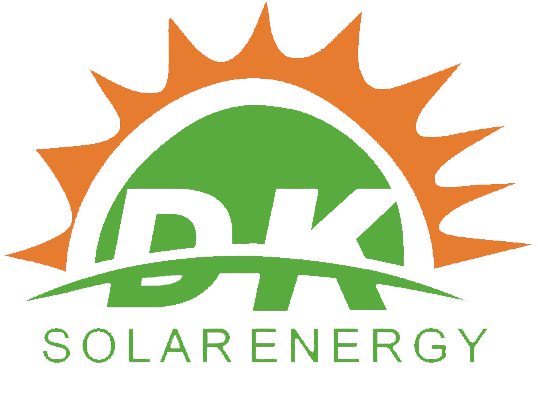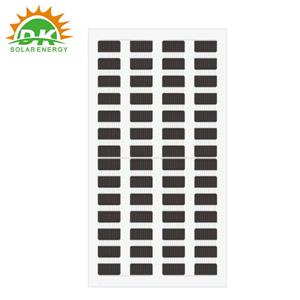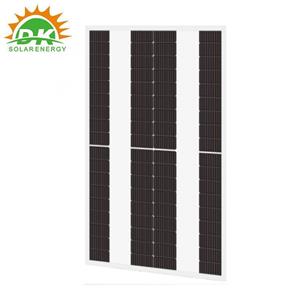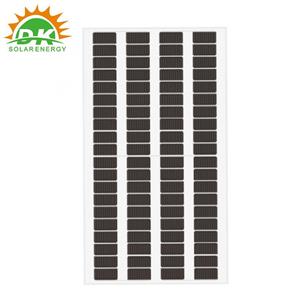Bright Market Prospects for Greenhouse Solar Modules, Facilitating Synergistic Development of Agriculture and Energy
In the context where the concept of global sustainable development is deeply rooted in people's minds, greenhouse solar modules, as a key achievement of the integration and innovation of agriculture and energy industries, are gradually showing huge market potential and are expected to become an important force in promoting agricultural modernization and energy transformation.
Strong Market Demand and Rapid Growth Momentum
With the global population growth and the continuous rise in people's demand for high-quality agricultural products, modern agricultural production is facing increasing pressure from energy consumption. Traditional greenhouses need to consume a lot of electricity for lighting, temperature control, humidity regulation and other aspects to maintain a suitable environment for crop growth, which not only increases production costs but also causes a heavy burden on the environment. The emergence of greenhouse solar modules provides an effective solution to this problem. They can use solar energy to meet part or even all of the energy needs of greenhouses, achieving energy self-sufficiency. In some green breeding cycles and green electricity standardization park projects, the installation of solar cell modules on the roofs of greenhouses has significantly improved economic benefits and land utilization.
In addition, in regions with abundant solar energy resources and rapid agricultural development, the demand for greenhouse solar modules is experiencing a blowout growth. These regions show great potential in the application of greenhouse solar modules. With the acceleration of global agricultural scaling and modernization, the market scale of greenhouse solar modules will maintain a rapid growth trend, and the future market space is very broad.
Technological Innovation and Iteration, Continuous Optimization of Performance
Early ordinary solar panels were greatly restricted in their application in greenhouses due to problems such as poor light transmittance and blocking sunlight. Nowadays, new greenhouse solar modules have made significant technological breakthroughs. Some developed solar modules adopt spectral filtering technology, which can parse sunlight into different spectra. Among them, the light that promotes plant photosynthesis is directly directed to crops, and light of other wavelengths is directed to solar panels to be converted into electricity, achieving the dual goals of power generation and promoting crop growth. At the same time, the module also has the functions of sunlight concentration and motion tracking, which can improve energy output without large-scale transformation of the greenhouse.
Researchers are also continuously exploring more efficient solar module technologies that are more suitable for greenhouse environments. For example, the research and development of semi-transparent organic solar cells have made positive progress. They not only have good light transmittance, which can meet the light needs of crops, but also their energy conversion efficiency is constantly improving, and they are expected to achieve large-scale commercial application in the next few years. The performance optimization of perovskite solar cells in greenhouse environments is also in full swing. If stability and other issues can be solved in the future, it will bring revolutionary changes to the greenhouse solar module market and further promote the rapid expansion of the market.
Strong Policy Support and Favorable Development Environment
In order to cope with climate change and promote the development of sustainable energy, many countries and regions around the world have introduced policies to encourage the application and promotion of greenhouse solar modules. Some international organizations and regions have formulated renewable energy development goals, providing strong policy support for the wide application of greenhouse solar modules. Some countries implement preferential policies for the import of photovoltaic modules, and eligible photovoltaic power generation systems can enjoy renewable energy power generation subsidies. They also plan to introduce new tax reduction plans for households installing rooftop solar panels.
China also attaches great importance to the application of renewable energy in the agricultural field, and has introduced a series of subsidies and preferential policies to support the development of "photovoltaic + agriculture" projects. Some local governments have formulated and issued relevant policy documents, forming a reasonable spatial layout for the development of the photovoltaic industry, attracting many leading enterprises to settle in, promoting the development of the entire industrial chain of the photovoltaic industry, and laying a solid foundation for the large-scale application of greenhouse solar modules.
Greenhouse solar modules, relying on strong market demand, continuous technological innovation and favorable policy environment, are standing at the forefront of rapid development. They have inestimable value in achieving agricultural production increase and income increase and promoting the green transformation of energy structure, with a bright market prospect. Over time, this industry will continue to release vitality worldwide, leading the agricultural and energy fields towards a more green and efficient future.




